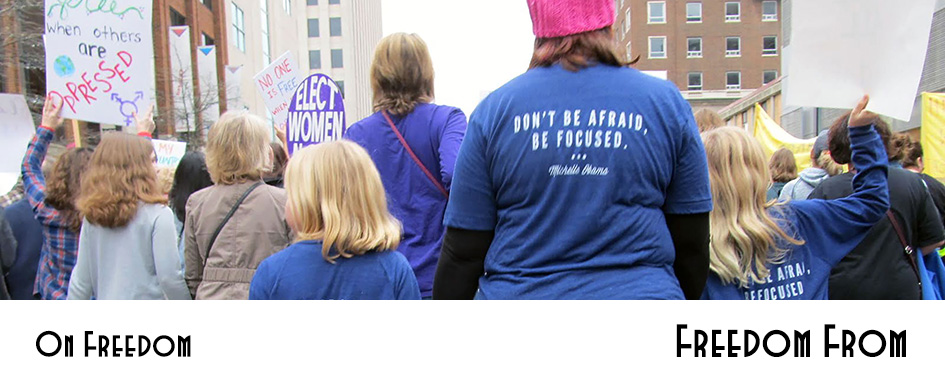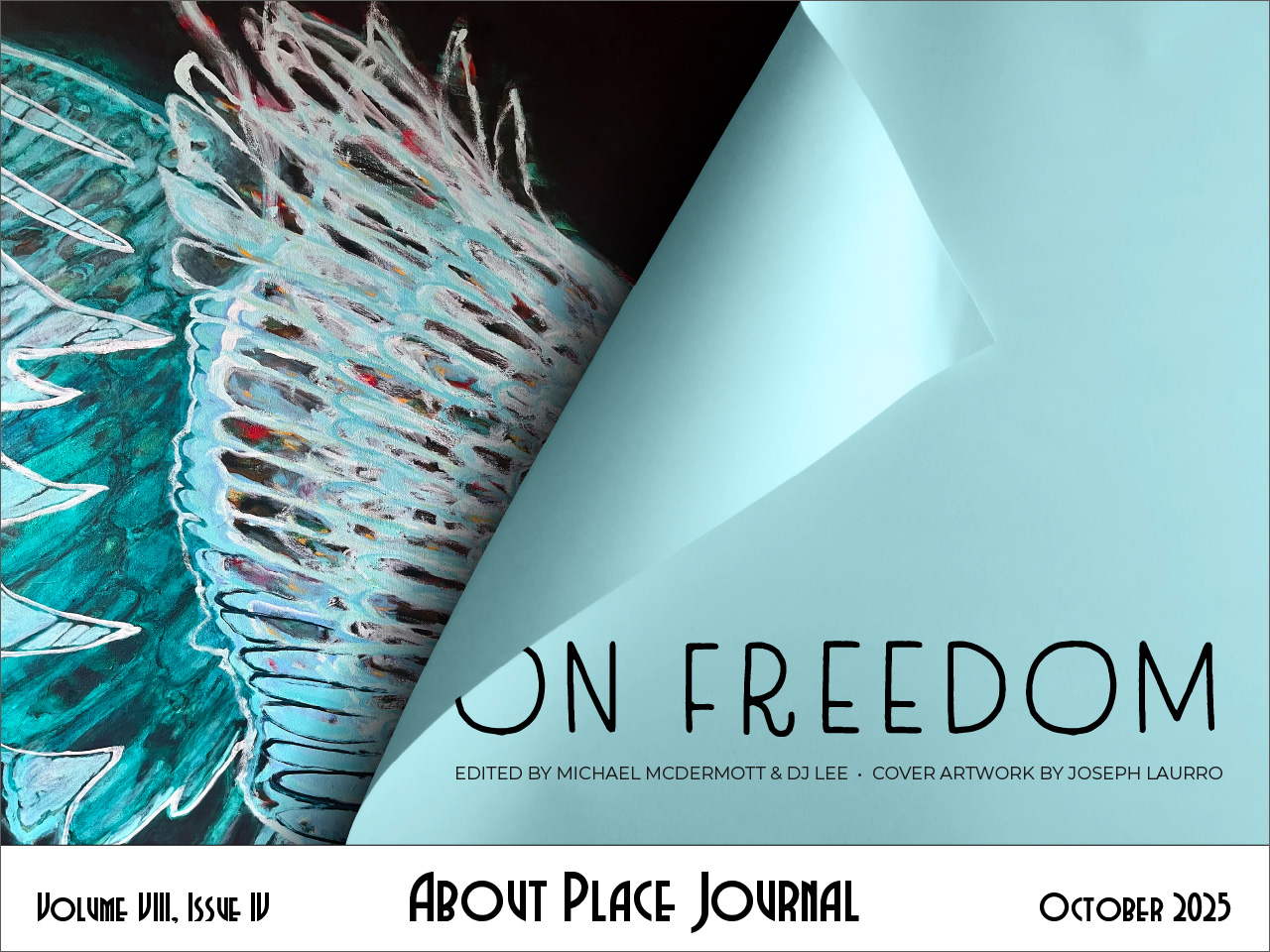fingernail painter, Southside sharecropper
plugged in to a short-circuit circus; Lone
Star Chicago momma renovating sisters’ hair
but never even getting a bite out of more to life,
with a Great-War-vet, wing-nut brother (part owner
of an out-of-bounds mouth) squinched back in civilian
life (like the Brogue hole boots that choked his toes)
who snapped: “Bess, women in France are far ahead
of those heads you aim to prettify.” Hunchbacked
breath and moonshine sassed, he habityou-a-lee
humiliated Bess at her hen coop. “Them
mademoiswells could fly, too!” There, a dare
Bessie couldn’t sidestep. When the Windy
City denied Bess lessons or lift, the Black press
picked up her tab for par le vouz flight training
at Federation Aeronautique International. Queen Bess
premiere certified African-American female flyer, learning
further on the tarmacs of croissants and krauts. Back state-
side, surplus-Jenny barnstormer, hot-damn air-show
performer, she was now a decked-out Sky to 5,
a silk belt-scarf, a tailored jodhpur, a jacketed-
t-strap, scrunched under a Sam-Browne cap.
B.C.—her initials—always whispered amen
to the air. On the ground, she was a manicured
public relations parachute who, with airshow acumen,
spread the gospel of flight, standing before black-
boards—in segregated classrooms (save a token
sliver of “of-course” white chalk)—dropping in
on Sunday’s getting-up-greats to preach air—
an avenue with side streets Negroes could high-step
on. Cause that air. Don’t care. Who is. Up there.


